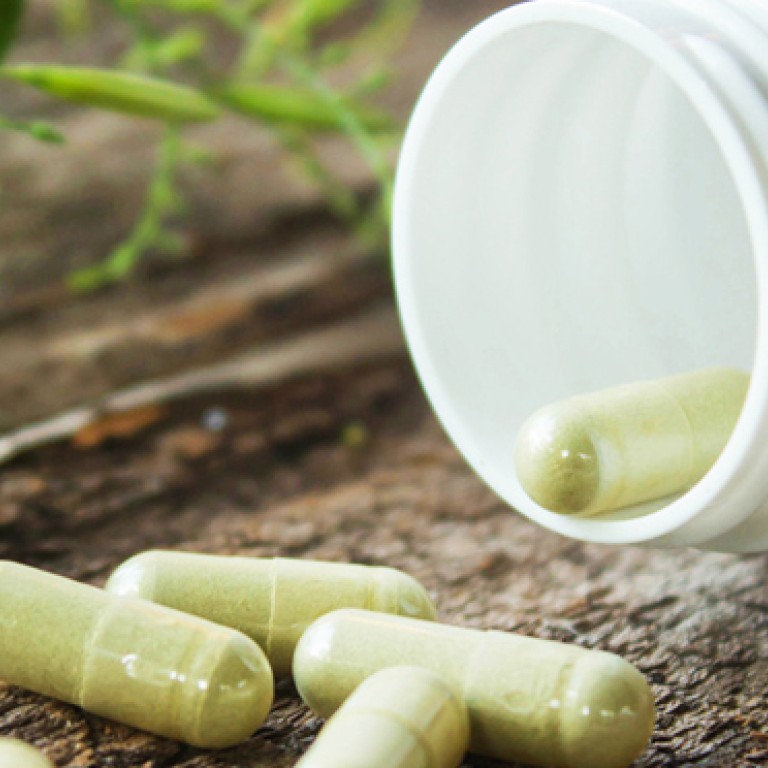
Store-brand herbal supplements fail DNA test in New York investigation
Testing in New York state on hundreds of bottles of store-brand supplements finds four out five contain none of the herbs on the label
Bottles of Walmart-brand echinacea, an herb said to ward off colds, were found to contain no echinacea at all.
Bottles of St John's wort marketed under the GNC brand had elements of rice, garlic and a tropical houseplant, but not a trace of the herb.
In fact, DNA testing on hundreds of bottles of store-brand herbal supplements sold in New York state as treatments for everything from memory loss to prostate trouble found that four out of five contained none of the herbs on the label.
Instead, they were packed with cheap fillers such as wheat, rice, beans or houseplants.
Based on the testing commissioned by his office, New York Attorney General Eric Schneiderman has sent letters to the four major US store chains involved - GNC, Target, Walmart and Walgreens - demanding that they immediately stop selling adulterated or wrongly labelled dietary supplements.
Schneiderman said the supplements pose serious risks. People who have allergies or are taking certain medications can suffer dangerous reactions from herbal concoctions that contain substances not listed on the label, he said.
"This investigation makes one thing abundantly clear: the old adage 'buyer beware' may be especially true for consumers of herbal supplements," the attorney general said.
The herbal supplement industry criticised the method used to analyse the samples and raised questions about the reliability of the findings.
Walmart's vice-president of Health & Wellness, Carmen Bauza, said testing by Walmart suppliers had not revealed any issues with the relevant products, but the company would comply with the attorney general's request to stop selling them in New York.
"We take this matter very seriously and will be conducting side-by-side analysis because we are 100 per cent committed to providing our customers safe products," Bauza said.
Walgreen pledged to cooperate with the attorney general, who asked the store chains for detailed information on production and quality control.
"We take these issues very seriously and as a precautionary measure, we are in the process of removing these products from our shelves as we review this matter further," Walgreen spokesman James Graham said.
GNC said it, too, would cooperate, but spokeswoman Laura Brophy said: "We stand by the quality, purity and potency of all ingredients listed on the labels of our private-label products."
Target said it could not comment without reviewing the full report.
Nutritionist David Schardt, of the Centre for Science in the Public Interest, said the tests show that the supplement industry was in urgent need of reform, and until that happened, consumers should stop wasting their money.
A 2013 Canadian government study estimated there are 65,000 dietary supplements on the market, consumed by more than 150 million Americans.
The Food and Drug Administration requires companies to verify their products are safe and properly labelled.
But supplements are exempt from the FDA's strict approval process for prescription drugs.
Lack of oversight has "permitted the introduction of numerous supplement products, often containing unapproved active pharmaceutical ingredients, into the marketplace," a team of researchers said in a study of supplement recalls in 2013.
"When the advertised herbs aren't even in many of the products, it's a sign that this loosely regulated industry is urgently in need of reform," Schardt said.
Claims of the herbs' effectiveness are "sketchy to begin with", said Schardt, whose Washington-based group has advocated tighter restrictions on the supplement market.
